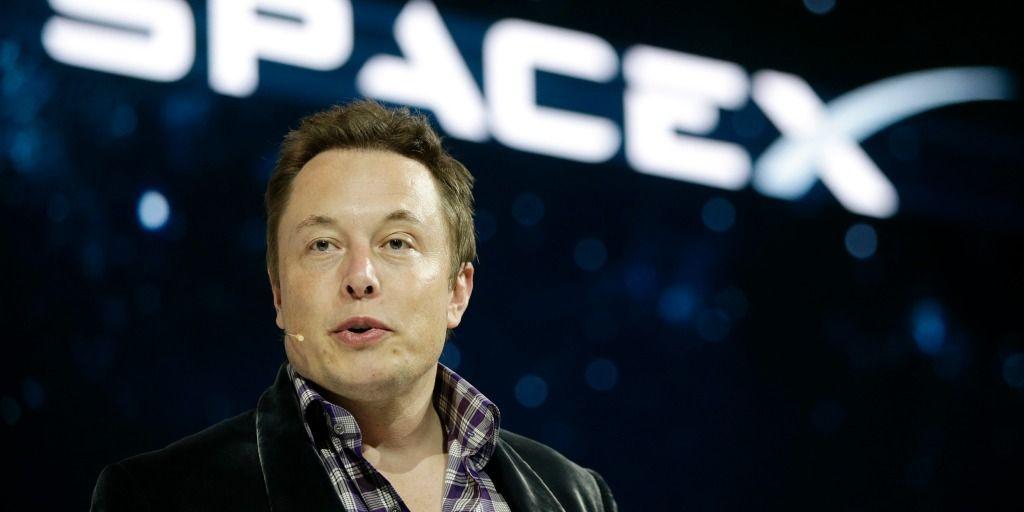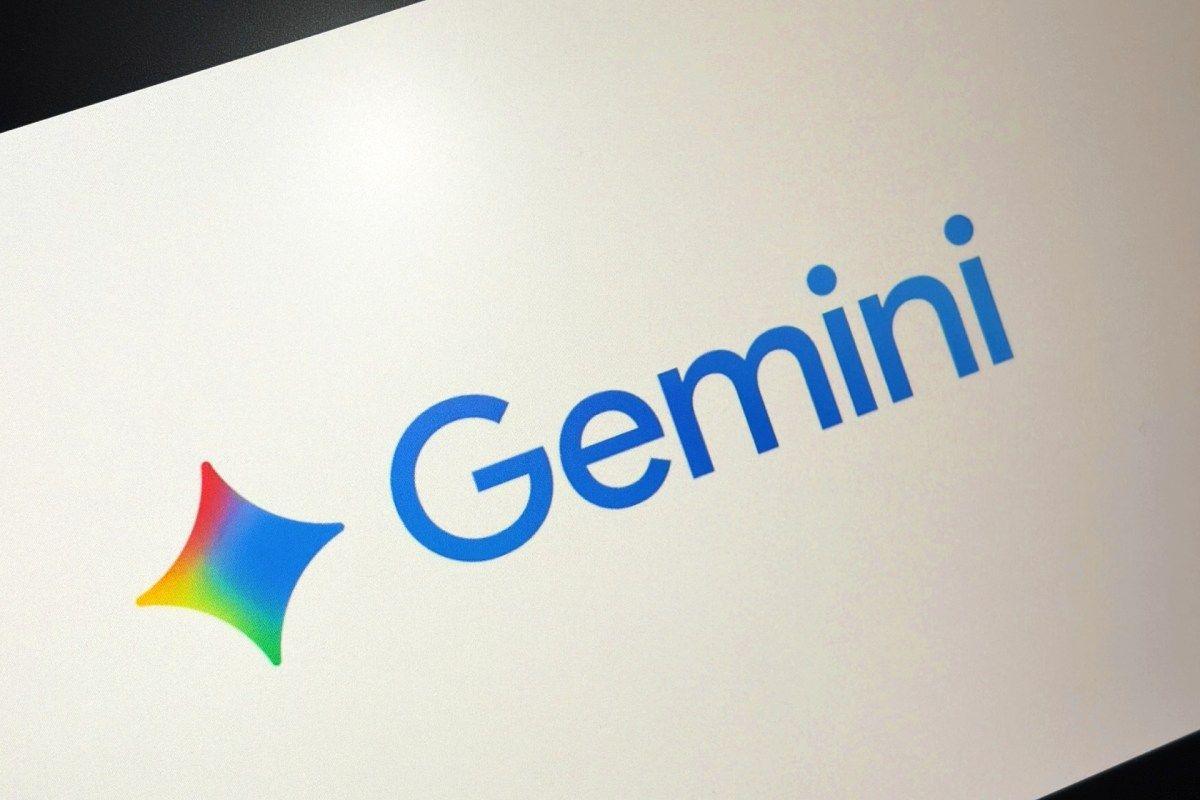Magnificent Seven Tech Stocks Surge as Trump Pauses Tariffs, Boosting AI Investments
2 Sources
2 Sources
[1]
Magnificent Seven adds whopping $1.5T in value as Trump pauses...
The "Magnificent Seven" stocks amassed more than $1.5 trillion in market value on Wednesday after President Trump paused his sweeping tariffs for 90 days, easing pressure on tech giants that had tumbled in recent sessions. The gains did not erase the $3.4 trillion in value the companies have collectively shed since their peak in late 2024, with some $2 trillion of those losses coming since last week after Trump slapped tariffs on imports from countries including major tech market and exporter China. But the reprieve gave investors a reason to buy back these expensive stocks, whose valuations had reached stratospheric levels as the companies bet billions of dollars on building out artificial-intelligence infrastructure. "The pause hopefully gives CFOs and COOs breathing room to proceed with AI-related expansion plans that may have been on hold due to trade friction, particularly as AI chip imports and specialized hardware - example from Taiwan or South Korea - are exposed to tariff risks," said Michael Ashley Schulman, chief investment officer at Running Point Capital, which has exposure to the Mag 7 stocks through funds and family clients. "Big Tech's AI ambitions require enormous capex, cross-border talent, and complex hardware dependencies," Schulman said. He added that clarity on tariffs was critical to removing uncertainty from budgeting decisions, and while the pause would allow companies to resume strategic planning, the outlook was still unclear. Shares of the companies - AI chip giant Nvidia, Apple, Tesla, Microsoft, Alphabet, Facebook-parent Meta and Amazon - closed up between 9% and 23%, powering a market rally that pushed the Nasdaq up more than 12%. Besides roiling markets, tariffs have cast a pall on businesses' spending on AI-powered tools and services offered by the tech giants. Wall Street will scrutinize budgets and expenses when businesses report quarterly results starting later this month. Alphabet on Wednesday reiterated it would spend about $75 billion this year to build out data center capacity, while Microsoft has said it was on track to spend more than $80 billion to develop its datacenter infrastructure. "These investments are informed by near-term and long-term demand signals," Microsoft said on Tuesday. Trump said on Wednesday he would pause many of his new tariffs for 90 days, even as he raised them further on imports from China. His sudden reversal came less than 24 hours after steep new tariffs kicked in on imports from dozens of trading partners. He said he would raise the tariff on Chinese imports to 125% from the 104% level that took effect at midnight. At the same time, he said he would lower them on other countries also subject to his new targeted duties.
[2]
Magnificent Seven rides again as Trump pauses tariffs; adds $1.5 trillion in value
(Reuters) -The "Magnificent Seven" stocks amassed more than $1.5 trillion in market value on Wednesday after U.S. President Donald Trump paused his sweeping tariffs for 90 days, easing pressure on tech giants that had tumbled in recent sessions. The gains did not erase the $3.4 trillion in value the companies have collectively shed since their peak in late 2024, with some $2 trillion of those losses coming since last week after Trump slapped tariffs on imports from countries including major tech market and exporter China. But the reprieve gave investors a reason to buy back these expensive stocks, whose valuations had reached stratospheric levels as the companies bet billions of dollars on building out artificial-intelligence infrastructure. "The pause hopefully gives CFOs and COOs breathing room to proceed with AI-related expansion plans that may have been on hold due to trade friction, particularly as AI chip imports and specialized hardware - example from Taiwan or South Korea - are exposed to tariff risks," said Michael Ashley Schulman, chief investment officer at Running Point Capital, which has exposure to the Mag 7 stocks through funds and family clients. "Big Tech's AI ambitions require enormous capex, cross-border talent, and complex hardware dependencies," Schulman said. He added that clarity on tariffs was critical to removing uncertainty from budgeting decisions, and while the pause would allow companies to resume strategic planning, the outlook was still unclear. Shares of the companies - AI chip giant Nvidia, Apple, Tesla, Microsoft, Alphabet, Facebook-parent Meta and Amazon - closed up between 9.68% and 22.69%, powering a market rally that pushed the Nasdaq up more than 12%. Besides roiling markets, tariffs have cast a pall on businesses' spending on AI-powered tools and services offered by the tech giants. Wall Street will scrutinize budgets and expenses when businesses report quarterly results starting later this month. Alphabet on Wednesday reiterated it would spend about $75 billion this year to build out data center capacity, while Microsoft has said it was on track to spend more than $80 billion to develop its datacenter infrastructure. "These investments are informed by near-term and long-term demand signals," Microsoft said on Tuesday. Trump said on Wednesday he would pause many of his new tariffs for 90 days, even as he raised them further on imports from China. His sudden reversal came less than 24 hours after steep new tariffs kicked in on imports from dozens of trading partners. He said he would raise the tariff on Chinese imports to 125% from the 104% level that took effect at midnight. At the same time, he said he would lower them on other countries also subject to his new targeted duties. (Reporting by Aditya Soni in Bengaluru and Juby Babu in Mexico; Additional reporting by Noel Randewich in San Francisco; Editing by Shinjini Ganguli and Sayantani Ghosh)
Share
Share
Copy Link
The "Magnificent Seven" tech stocks gained $1.5 trillion in market value after President Trump's 90-day tariff pause, providing relief for AI infrastructure investments amid ongoing trade tensions.

Trump's Tariff Pause Ignites Tech Stock Rally
In a dramatic turn of events, President Donald Trump's decision to pause his sweeping tariffs for 90 days has sparked a significant rally in the tech sector, particularly benefiting the "Magnificent Seven" stocks. These tech giants, including Nvidia, Apple, Tesla, Microsoft, Alphabet, Meta, and Amazon, collectively gained over $1.5 trillion in market value on Wednesday
1
.Market Rebound and Ongoing Challenges
The surge in stock prices provided a welcome reprieve for investors, with shares of the Magnificent Seven closing up between 9% and 23%. This rally propelled the Nasdaq to rise more than 12%
2
. However, it's important to note that this gain does not fully offset the $3.4 trillion in value these companies have lost since their peak in late 2024, with approximately $2 trillion of those losses occurring just last week due to the initial implementation of Trump's tariffs.Impact on AI Infrastructure Investments
The tariff pause has significant implications for the tech industry's artificial intelligence (AI) ambitions. Michael Ashley Schulman, chief investment officer at Running Point Capital, explained, "The pause hopefully gives CFOs and COOs breathing room to proceed with AI-related expansion plans that may have been on hold due to trade friction, particularly as AI chip imports and specialized hardware - example from Taiwan or South Korea - are exposed to tariff risks"
1
.Tech Giants' Commitment to AI Development
Despite the recent market volatility, major tech companies are maintaining their commitment to AI infrastructure development:
- Alphabet reiterated its plan to spend about $75 billion this year on data center capacity expansion
1
. - Microsoft confirmed it was on track to invest more than $80 billion in developing its datacenter infrastructure
2
.
Related Stories
Ongoing Trade Tensions with China
While the 90-day pause offers temporary relief, President Trump simultaneously announced an increase in tariffs specifically on Chinese imports. The tariff rate on Chinese goods will rise to 125% from the previous 104%, highlighting the ongoing trade tensions between the U.S. and China
1
2
.Market Outlook and Investor Sentiment
The tariff pause has injected optimism into the market, with investors seizing the opportunity to buy back into these high-value stocks. However, experts caution that the long-term outlook remains uncertain. Schulman noted, "Big Tech's AI ambitions require enormous capex, cross-border talent, and complex hardware dependencies," emphasizing the need for clarity on tariffs to remove uncertainty from budgeting decisions
2
.As the tech industry navigates these complex trade dynamics, all eyes will be on the upcoming quarterly reports. Wall Street analysts are poised to scrutinize budgets and expenses, particularly focusing on AI-related investments and their potential impact on future growth and innovation in the sector.
References
Summarized by
Navi
[1]
Related Stories
Recent Highlights
1
French Police Raid X Office as Grok Investigation Expands to Include Holocaust Denial Claims
Policy and Regulation

2
OpenAI launches Codex MacOS app with GPT-5.3 model to challenge Claude Code dominance
Technology

3
Anthropic releases Claude Opus 4.6 as AI model advances rattle software stocks and cybersecurity
Technology








